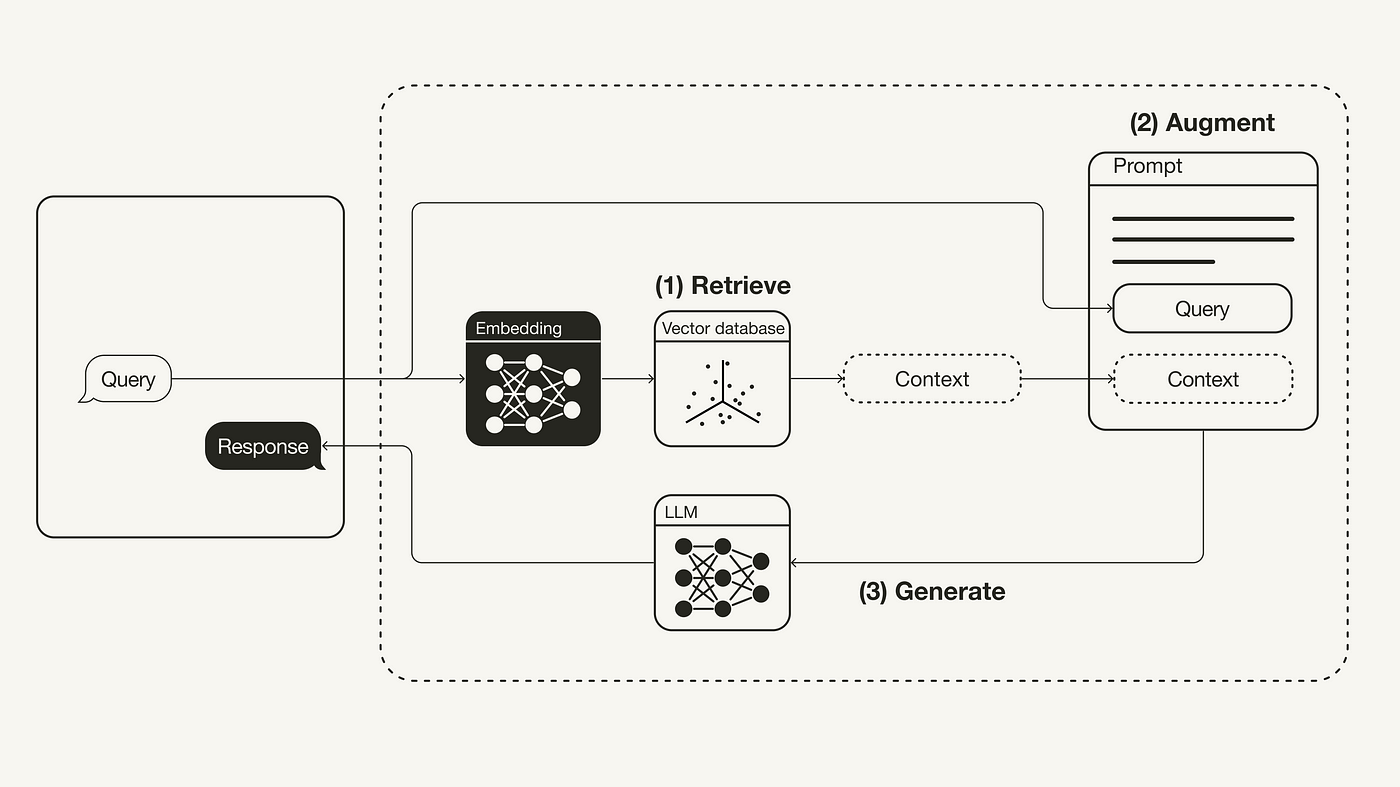In a startling revelation, an Ars reader has brought forth evidence suggesting that ChatGPT, the popular AI-powered chatbot developed by OpenAI, may be leaking sensitive information from private conversations of its users. The screenshots submitted by the reader on Monday paint a concerning picture, indicating the unauthorized disclosure of login credentials, personal details, and other confidential information. This development has sparked widespread apprehension among users and renewed calls for enhanced security measures to safeguard private data.
Unveiling the ChatGPT leak
The screenshots submitted by the Ars reader offer a glimpse into the troubling breach of privacy plaguing ChatGPT users. Among the numerous captured exchanges, two instances stood out starkly, revealing a distressing array of compromised login credentials and personal details. The first of these screenshots depicted a conversation between an employee and the AI chatbot, wherein frustration over technical issues with a pharmacy prescription drug portal boiled over into candid criticism and the inadvertent disclosure of usernames and passwords. The blunt language used by the employee underscores the severity of the situation, as they express exasperation at the system’s shortcomings and the obstacles hindering its resolution.
Upon closer examination, the leaked conversations unveiled a troubling pattern of data exposure extending beyond mere login credentials. The inclusion of identifying information such as the name of the application under scrutiny and the store number associated with the reported problem further compounds the severity of the breach. Beyond the immediate implications for affected users, this incident raises broader concerns regarding the efficacy of data handling protocols within AI-driven platforms. The apparent ease with which sensitive information found its way into the public domain underscores the pressing need for stringent safeguards to protect user privacy and prevent unauthorized data disclosure.
Security implications and responses
The revelation of ChatGPT’s apparent data leakage has reignited concerns surrounding the privacy and security of users’ interactions with AI-powered platforms. Notably, this incident follows previous episodes of privacy breaches and underscores the imperative of adopting robust data protection measures. OpenAI, the entity behind ChatGPT, has initiated an investigation into the matter, aiming to ascertain the root causes of the breach and implement remedial actions promptly. Yet, the incident has prompted calls for broader industry-wide initiatives to fortify the resilience of AI systems against unauthorized data disclosure and exploitation.
In response to the alarming findings, OpenAI, the organization responsible for ChatGPT, has taken proactive steps to address the situation. An investigation has been launched to determine the root causes of the breach and identify any systemic weaknesses in the platform’s security infrastructure. The swift action taken by OpenAI underscores the company’s commitment to safeguarding user data and maintaining the integrity of its products. However, questions linger about the effectiveness of reactive measures in addressing the underlying vulnerabilities that enabled the data leak to occur in the first place.
As the investigation into the alleged data leakage unfolds, users are left grappling with profound questions regarding the safety and integrity of their interactions with AI-powered platforms. How can developers strike a balance between innovation and data security in an increasingly interconnected digital landscape? The latest incident involving ChatGPT serves as a poignant reminder of the evolving challenges posed by AI technologies and the imperative of prioritizing user privacy and security in the pursuit of technological advancement.





